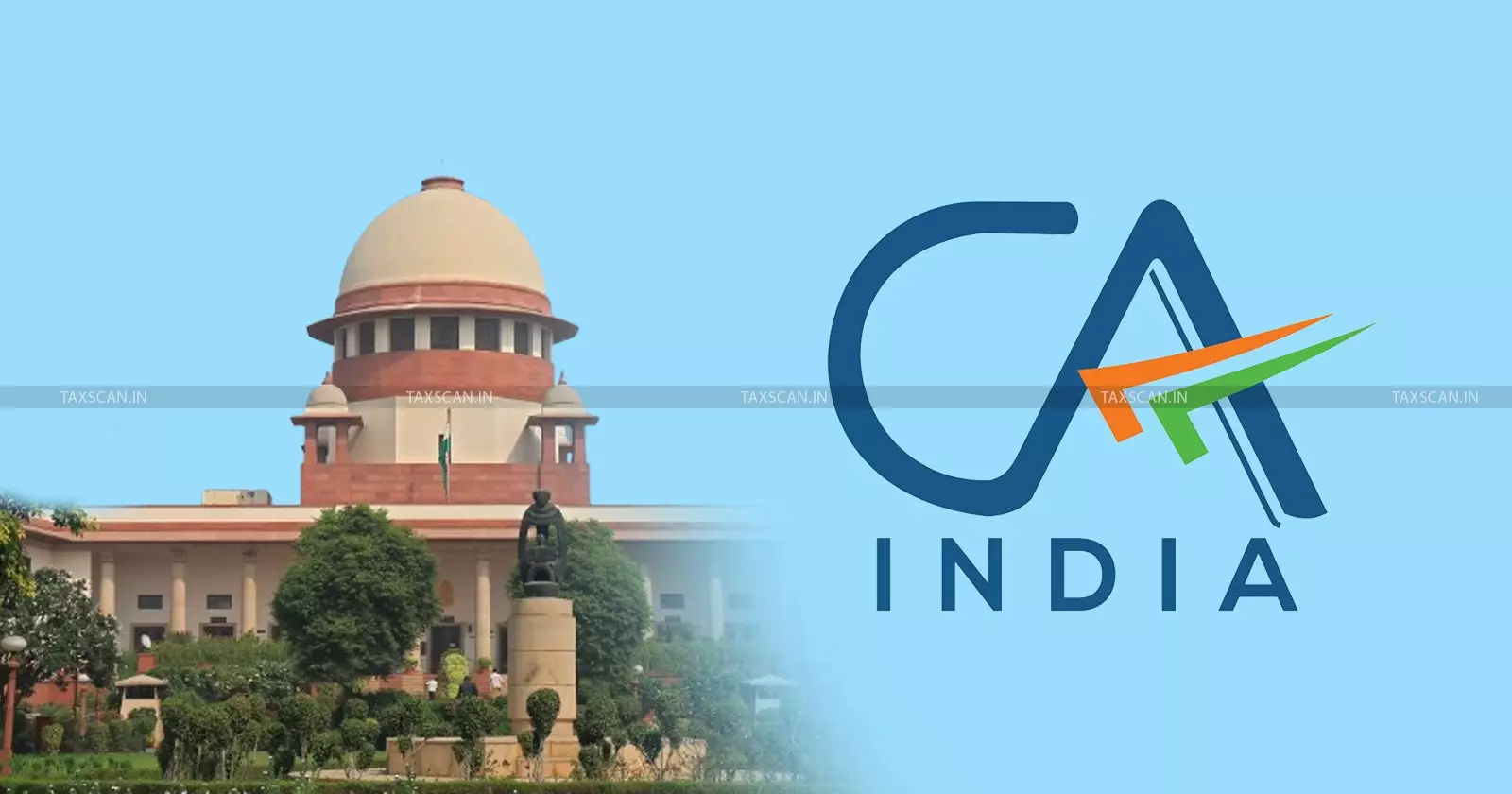Supreme Court Protects CAs: Issuing Form 15CB Does Not Amount to Abetment of Money Laundering
The Supreme Court upheld the Madras HC’s view that a CA cannot be accused of abetting money laundering merely for issuing Form 15CB.

When professionals carry out routine duties, they rarely imagine being drawn into criminal investigations. That is exactly what happened to Chartered Accountant Murali Krishna Chakrala, who found himself accused of abetting money laundering simply because he issued Form 15CB for a client. His case raised an important question for thousands of Chartered Accountants in India: Can issuing Form 15CB be treated as involvement in money laundering?
Both the Madras High Court and the Supreme Court answered this with a clear no.
Let’s understand the case.
The Background
One such entity was B. K. Electro Tool Products. During the ED’s investigation, it found that Chartered Accountant Murali Krishna Chakrala had issued five Form 15CB certificates related to remittances made by this entity. Based on this, the ED named him as Accused No. 6 in its complaint.
The matter was heard by the Madras High Court in Crl. R.C. No. 1354 of 2022, and the Supreme Court proceedings arose from SLP (Crl.) Diary No. 8123/2024.
All-in-One Reference for Every Legal Professional – 125 Key Acts Inside! Click here
ED’s Arguments
The Enforcement Directorate claimed that the CA had abetted money laundering because:
- He issued Form 15CB for the company without personally verifying the business owners.
- The certificates were used to justify fraudulent foreign remittances.
- He allegedly failed to check the background of the people who approached him.
- He issued multiple Form 15CBs to entities later found fraudulent.
Based on these claims, the CA was added as Accused No. 6 in the ED’s complaint before the Special Court for PMLA cases.
The CA’s Arguments
In his statement to the ED, the CA explained that:
- He issued Form 15CBs based on documents provided by his client, Kiyam Mohammed, whom he had known professionally from earlier VAT-related work.
- He had no reason to suspect the documents were forged.
- He charged only Rs. 800 to Rs. 1,000 per certificate, which is a normal professional fee for such work.
- He had uploaded all certificates on the Income Tax portal on the same day, which shows transparency.
- He voluntarily helped the ED identify key accused persons during the investigation.
High Court’s Observation
The Madras High Court bench comprising Justice P. N. Prakash and Justice G. Chandrasekharan held that issuing Form 15CB does not make a Chartered Accountant a participant in money laundering, as the CA’s role is limited to examining the nature of the remittance based on documents submitted by the client.
The court clearly stated that “a Chartered Accountant is not required to go into the genuineness or otherwise of the documents submitted by his clients.”
The Court also compared a CA’s role to that of a bank panel lawyer who issues legal opinions based solely on documents made available to them. It stated that “this could be compared with the legal opinion that are normally given by panel lawyers of banks… without going into their genuinity. A panel advocate… cannot be prosecuted along with the principal offender.”
This analogy reinforced that professionals who rely on documents provided by clients cannot be criminally prosecuted merely because those documents were later found to be forged. Finding no evidence of intent or involvement, the court concluded that “the petitioner has neither directly or indirectly participated in the generation of proceeds of crime.” It also observed that only one bank required Form 15CB, strengthening the view that the CA’s certificate was not central to the alleged fraud.
Missed a GST Judgment? This book has the crucial updates you need! Click here
The Supreme Court’s Confirmation
The ED challenged the High Court’s order before the Supreme Court. The matter was heard on 18 March 2024. The bench comprising Justice M. M. Sundresh and Justice S. V. N. Bhatti dismissed the SLP with a brief but powerful statement:
“We find no reason to interfere with the impugned order.”
This meant the High Court’s judgment remained fully intact.
Why are CAs celebrating this judgment?
This case will have long-lasting implications for the professional community.
1. Protects Chartered Accountants from harassment: CAs can now be assured that routine duties like issuing Form 15CB will not lead to criminal charges unless there is clear evidence of intentional wrongdoing.
2. Prevents misuse of PMLA: The ruling reminds investigative agencies that PMLA should not be stretched to target individuals performing statutory functions.
3. Clarifies the purpose of Form 15CB: The judgment reinforces that Form 15CB is about tax compliance, not verifying the truth of import documents.
4. Strengthens professional independence: Other professionals who rely on client documents, such as lawyers, valuers and company secretaries, can also draw confidence from this judgment.
Support our journalism by subscribing to Taxscan premium. Follow us on Telegram for quick updates


